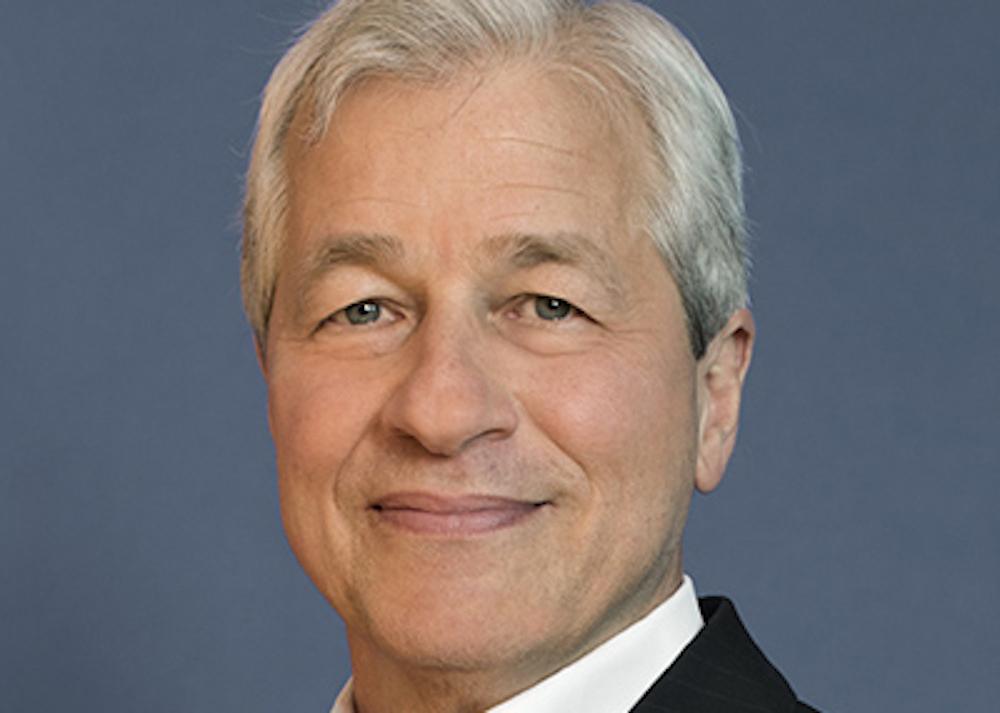
Jamie Dimon, Chairman and CEO of JPMorgan Chase, has finance in his genes. When his grandfather emigrated from Greece, the great patriarch was penniless, and worked his way up from busboy to vice president of the Atlantic Bank of New York, before finding his true passion as a stock broker. Dimon's father was also a stock broker – so it was no surprise when the progeny turned out to be something of a prodigy when it came to investing and finance. In high school, Dimon was already curling up with books like “Security Analysis” by Columbia Business School professors David Dodd and Benjamin Graham, the two men who laid the foundation for Warren Buffett's empire. In 1978, Dimon graduated from Tufts University with a major in economics and psychology and racked up a couple of years working in a management consulting firm before eventually graduating from Harvard Business School as a Baker Scholar in 1982. After numerous offers from top investment firms, Dimon chose American Express as the place to start what would become a truly historic career in the finance world.
At American Express, Dimon began as an assistant to the company's president, Sandy Weill. In 1985, Weill left the company and Dimon followed him. Thick as thieves, the pair then took over Commercial Credit, a consumer finance company, from Control Data. Only 30, Dimon served as the chief financial officer. Through a series of mergers and acquisitions, Dimon and Weill were able to turn the company around, resulting in the birth of a large financial services conglomerate: Citigroup.
Dimon's next big move occurred in March 2000 when he became CEO of Bank One, the nation's fifth largest bank. A little over four years later, JPMorgan Chase purchased Bank One, promoting Dimon to president and chief operating officer of the combined company. This was quickly followed by Dimon being named CEO of JPMorgan Chase in 2005, and by the end of 2006, he was also named Chairman and President.
The promotions would prove to be great decisions on the part of JPMorgan. During the financial crises in 2008, Dimon steered the affairs of the bank, ensuring that it sailed through without a massive impact. In fact, his bank was arguably the healthiest of the nine largest U.S. banks and did not need to accept TARP funds from the government. Furthermore, under his tenure, JPMorgan has become the leading U.S. bank in domestic assets under management, market capitalization value, and publicly traded stock value.
Dimon, who previously served on the board of directors of the Federal Reserve Bank of New York, continues to balance his time by serving on the boards of a number of non-profit institutions, including the Business Roundtable, Bank Policy Institute, and Harvard Business School. Additionally, he serves on the executive committee of the Business Council and the Partnership for New York City and is a member of the Financial Services Forum and Council on Foreign Relations. With an estimated net worth of $1.8 billion, Dimon is one of the few bank chief executives to reach billionaire status, largely because of his $485 million stake in JPMorgan Chase.
Dimon was included in Time magazine's 2006, 2008, 2009, and 2011 lists of the world's 100 most influential people. He continues to be one of the most high-profile figures in the finance sector.
